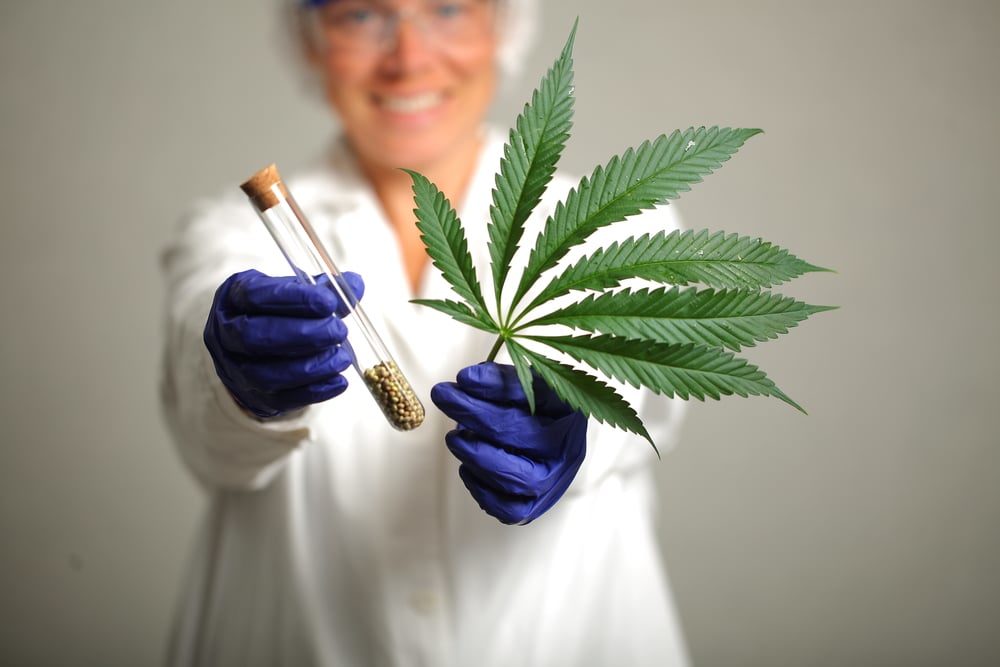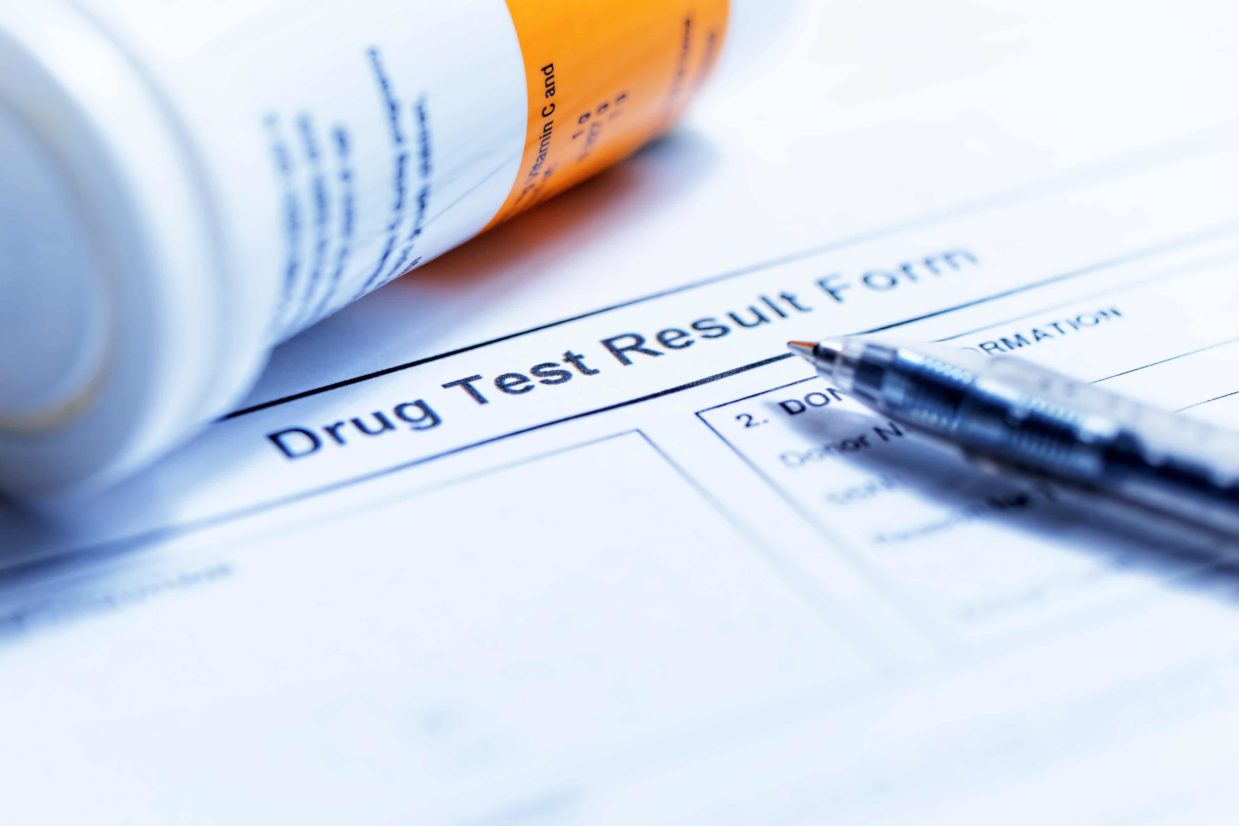In the lead up to the historic voter proposition that legalized medical cannabis in Utah, it wasn’t unusual for proponents to speak of ‘prescription cannabis’ or ‘prescription marijuana’. The use of such terms has faded considerably in the years since. In fact, they are almost nonexistent in official circles. Have you ever wondered why that is?
We will do a deep dive in this post and then explain why it matters in relation to the recent decision by the DOJ to reschedule cannabis. If things go according to plan, the whole idea of prescription cannabis will have to be addressed by lawmakers anew.
Prescriptions Are Physician Orders
The place to start is the fact that prescriptions are essentially physician orders for controlled drugs. If you were offered a prescription analgesic following surgery, that drug could only be deliver by order of your doctor and through a licensed pharmacy. That is the way the prescription concept works.
Things are different with medical cannabis because doctors cannot legally write orders for it. That will remain the case as long as cannabis is a Schedule I controlled substance. More on that in a minute. For now, it is enough to know that the best a doctor can do is recommend cannabis.
Lawmakers Are Concerned About Image
The next consideration is one of image. Although Utah lawmakers have had their minds changed in recent years, many were skeptical about medical cannabis when Proposition 2 first passed. They wrote the initial legislation on medical cannabis with an intent to preserve the program’s image as a medical-only program.
The concern for image led lawmakers to clearly suggest the industry avoid terms like ‘medical marijuana’, ‘marijuana dispensary’, and ‘prescription marijuana’. That is why our business is classified as a medical cannabis pharmacy. It is why we talk about medical cannabis cards instead of prescriptions.
Language is important. Words mean things. When you consider how controversial medical cannabis was just a decade ago, it is easier to understand why lawmakers were so careful about their terms back in 2019 and 2020. Their care pretty much eliminated ‘prescription marijuana’ and ‘prescription cannabis’ from the vernacular. So even though we could use the terms today, almost no one does.
Rescheduling Cannabis
Now, let us move on to the recent decision to reschedule cannabis. In 2023, the Department of Health and Human Services (HHS) made the official recommendation that cannabis be moved from Schedule I to Schedule III of the Controlled Substances Act (CSA). The DEA, which operates under the authority of the DOJ, has been dragging its feet ever since. But last month, the DOJ agreed to rescheduling. They wrote a proposed rule and put it out there for public comment.
Rumor has it that some at the DEA are still against rescheduling. But their objections likely will not stop it from happening. The chances are pretty good that cannabis will be rescheduled by the end of the year. How does this impact the idea of prescription cannabis?
Moving cannabis to Schedule III does more than just move it from Schedule I. Remember that drugs on Schedule I are considered highly addictive and with no medical value. At the very least, rescheduling is an admission that cannabis does have medical value after all.
This opens the door to pharmaceutical companies creating cannabis-based drugs or simply growing and packaging cannabis as a prescription medication. So while it won’t happen overnight, it’s quite possible that we could be seeing cannabis prescriptions several years from now. Until then, we will keep doing what we have been doing all along in Utah.




